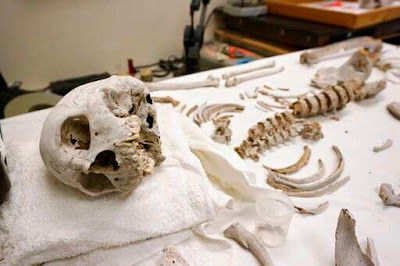by Helen Wilson
We sit in a Korean BBQ restaurant
snipping conversation with tongs,
searing meat with commentary
on the political affairs of the day.
“They took pinking shears to
divisive
unworthy
tattered then
abandoned by a wayward man-child.”
Tender beef cuts melt
in the mouth while
kimchi sours
like first world ethos
only sweeter. We agree,
“Lies leave a nasty taste.”
Bald-faced lies
poison any hope of error. While
errors are forgivable
contempt and chilli sauce are not,
staining white flags
indelibly without hope of redress.
“Pure heat, not head
nor heart.” I say of
rapid fire policy and
unfiltered visceral campaigning.
“Democracy’s disintegrating,
honour’s unhanded and
self-interest trumps
public good.”
“Nothing’s changed,” say the young ones,
as their fingers
skip across tiny screens
at the speed of light.
“Pollies have always snuffled
from the trough
of populism.”
such is their experience.
Defeated,
we wield chopsticks
and pierce the offerings
that we can control.
Distracted by
the crazy patchwork
of dishes and sticks
and tastes and flames as
tanks roll across the tundra
and the blanket of peace
under which we hide rolls back.
“So much for perestroika and glasnost.”
Who ever really knows?
Helen Wilson is an Australian poet and a professional communicator who has written for magazines, art shows and a pure love of the lyrical. Her passions include ekphrastic poetry, haiku, and dinner with her adult children. She dreams of a world where people will play nicely.















